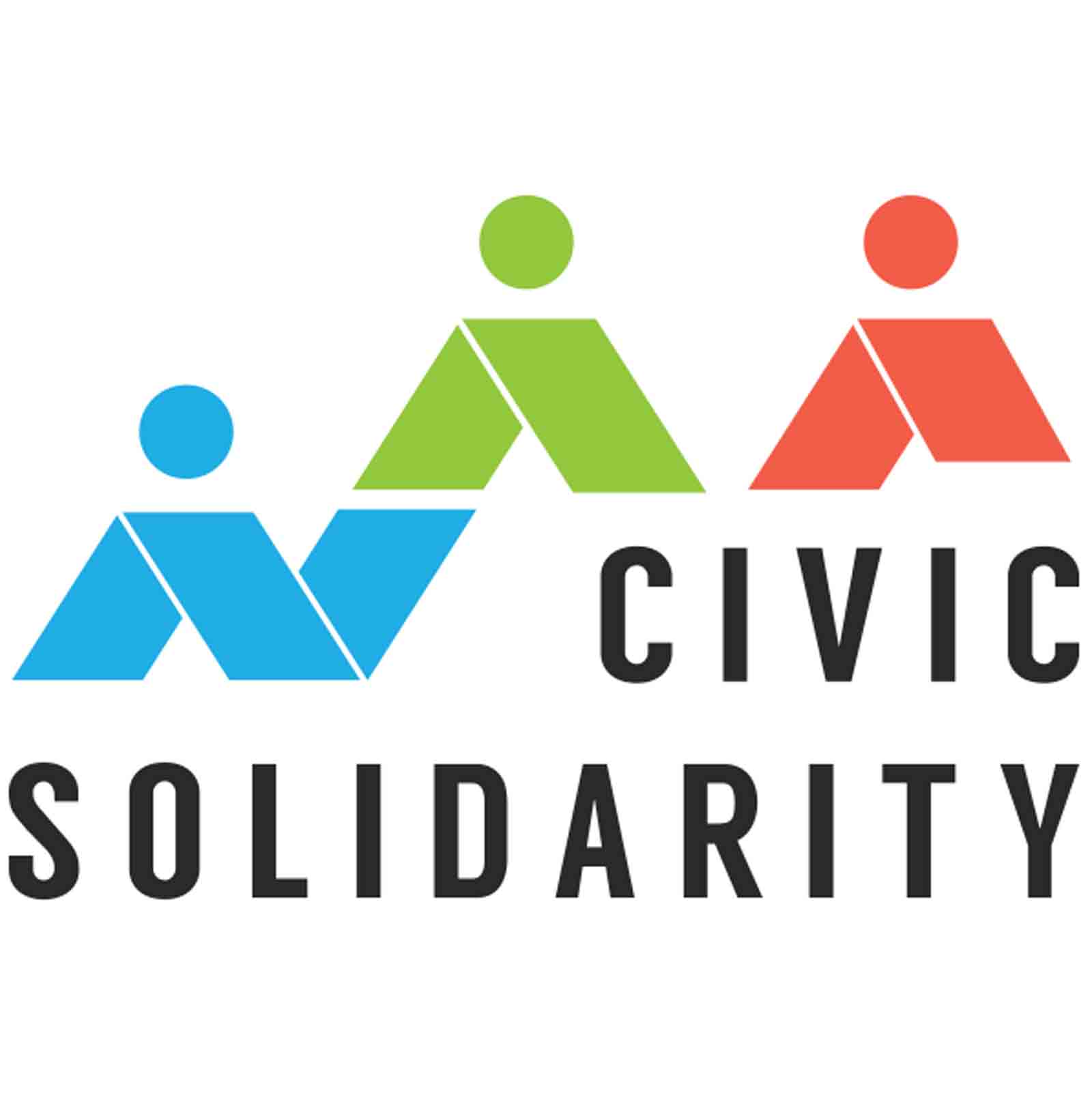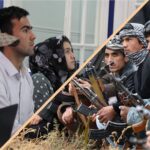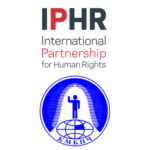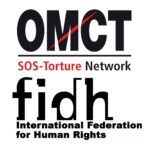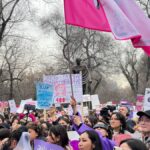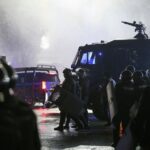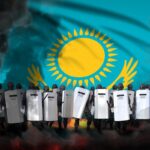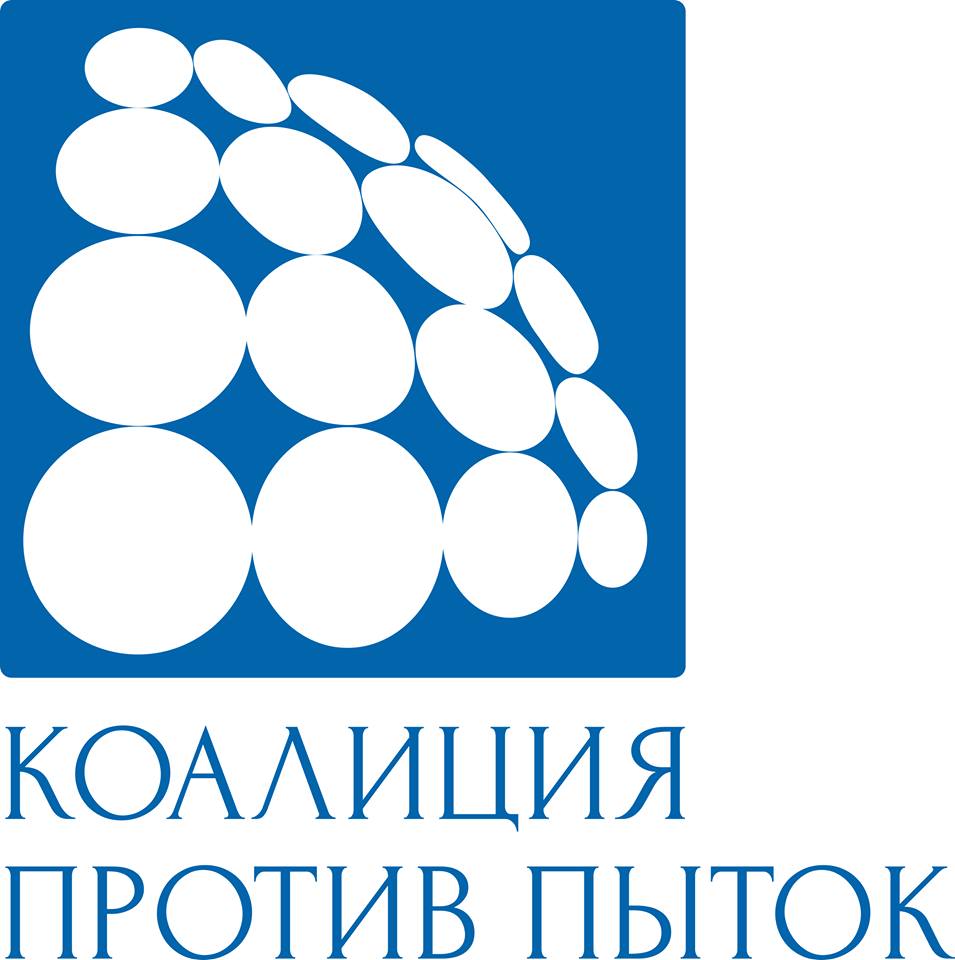26 January 2022
We, the undersigned members of the Civic Solidarity Platform (CSP) and other NGOs are concerned that the Tajikistani authorities have imposed an internet shutdown in the Gorno-Badakhshan Autonomous Region of Tajikistan (GBAO), which deprives people of their right to access to information and has serious implications for the economy, trade, mobility, as well as access to health care and education. The authorities blocked the internet on 25 November 2021 when protesters took to the streets in the regional capital of Khorog for several days. While internet connection has been reestablished to some state bodies, law enforcement agencies and banks, the general population and international organizations based in GBAO such as the Aga Khan Foundation, the World FoodProgramme, the University of Central Asia still have no access.
On 25 November 2021, protests broke out in Khorog after security forces fatally wounded Gulbidin Ziyobekov, a young man from the village of Tavdem in GBAO’s Roshtkala District while detaining him in relation to suspicion of kidnapping. Two other men were reportedly shot as Ziyobekov was detained. On the same day, relatives and protesters carried his body to the main square, demanding an investigation into the incident. The crowd of protesters grew quickly, calling for the withdrawal of the military stationed in Khorog, the dismantling of military checkpoints in the city, and the removal of the newly-appointed Governor Alisher Mirzonabot. Two protestors – Tutisho Amirshoev and Gulnazar Murobbekov were killed and several others were injured by shots which were reportedly fired into the crowd by security forces. Members of security forces were reportedly injured by violent protesters. The violent mass protests continued for several days and the central government authorities immediately blocked the internet connection in GBAO.
Tensions in the region continue to run high. This is not the first time that the authorities have blocked internet access during times of crisis and unrest. In recent years the Tajikistani government has repeatedly imposed internet shutdowns, claiming that these were necessary to protect public safety and to prevent the spread of misinformation. In the case of the current internet shutdown in GBAO the authorities have not provided any explanation or legal justification as to why and for how long access to the internet has been blocked. The national legislation of Tajikistan gives state bodies the right, without judicial authorization, to restrict partially or completely the Internet in emergency situations (hostilities, terrorist and extremist operations, natural disasters) that threaten state security. However, a state of emergency has not been declared in the region and as such this is a violation of both international norms and local legislation, which provide for such limitations. At the same time, the provisions of legislation covering Counter-Terrorism and Martial Law were much criticised by both local and international human rights organisations for granting the authorities far-reaching powers to limit freedom of expression during crisis situations.
During its review of Tajikistan in 2019 the UN Human Rights Committee regretted that national law on public emergencies allows for more extensive restrictions on rights than allowed by international human rights law and urged the State party to “bring its regulations and practices governing states of emergency into full compliance with the requirements of article 4 of the Covenant, […] particularly by ensuring that any derogations from Covenant rights are strictly limited to those required by the exigencies of the situation, and that no derogations from the non-derogable provisions of the Covenant are permissible.
The organizations issuing this statement are concerned that the current internet shutdown violates the right to freedom of expression and information. In a resolution adopted in July 2016, the United Nations Human Rights Council unequivocally condemned “measures to intentionally prevent or disrupt access to or dissemination of information online in violation of international human rights law, and calls upon all States to refrain from and cease such measures”.
Article 19 para. 3 of the ICCPR states that freedom to seek, receive and impart information may be restricted only in cases provided by law and in order to protect national security and public order. However, the UN Human Rights Committee clarified in General Comment No. 34 that “Permissible restrictions generally should be content-specific; generic bans on the operation of certain sites and systems are not compatible with paragraph 3”.
Reportedly, the only source of information currently available to the general public in GBAO is local television, which regularly broadcasts biased information discrediting local residents who it claims were involved in the protests. The local police are reportedly also trying to pressure citizens to publish negative statements about the protests: according to media reports from 20 January 2022 two female teachers from Roshtqala District were summoned to the GBAO Department of Internal Affairs and forced to read a pre-prepared text on local television channel Badakhshan TV, which condemned the protests in Khorog and accused some people of being criminals. The police officers threated to detain them if they refused to read the statement. The two teachers reported that after their forced statement was broadcast they were criticised by their relatives and neighbours. Their complaints to the GBAO Department of Internal Affairs and the local TV station, asking them to cease broadcasting the video clip have so far gone unanswered.
Local civil society groups, including the Initiative Group 44, which is composed of representatives of civil society and lawyers and was set up at the end of November 2021 to monitor the implementation of agreements between the protesters and the regional authorities, have not been allowed airtime on television despite several attempts to reach out to State officials.
In light of the above, we call on the Tajikistani authorities to immediately reestablish internet connection in the region and ensure that the local population has access to other sources of information to complement the information broadcast on state television channels.
Signatories:
1. Association UMDPL (Ukraine)
2. Bulgarian Helsinki Committee (Bulgaria)
3. Center for Civil Liberties (Ukraine)
4. Center for Participation and Development (Georgia)
5. Centre for the Development of Democracy and Human Rights
6. Citizens’ Watch
7. DRA (Germany)
8. Foundation of Regional Initiatives (Ukraine)
9. Georgian Centre for Psychosocial and Medical Rehabilitation of Torture Victims (GCRT) (Georgia)
10. Helsinki Citizens’ Assembly – Vanadzor (Armenia)
11. Helsinki Foundation for Human Rights (Poland)
12. Human Rights Center (HRC) (Georgia)
13. Human Rights Center of Azerbaijan (HRCA) (Azerbaijan)
14. Human Rights Center Viasna (Belarus)
15. Human Rights Center ZMINA (Ukraine)
16. Human Rights Club (Azerbaijan)
17. Human Rights in Mental Health – FGIP (The Netherlands)
18. Human Rights Matter e.V. (Germany)
19. Human Rights Monitoring Institute (Lithuania)
20. Human Rights Movement “Bir Duino-Kyrgyzstan” (Kyrgyzstan)
21. International Partnership for Human Rights (IPHR) (Belgium)
22. Kazakhstan International Bureau for Human Rights and Rule of Law (KIBHR) (Kazakhstan)
23. Lawtrend (Belarus)
24. Legal Initiative (Belarus)
25. Libereco Partnership for Human Rights (Germany)
26. Macedonian Helsinki Committee (North Macedonia)
27. Minority Rights Group Europe (United Kingdom)
28. Netherlands Helsinki Committee (Netherlands)
29. Norwegian Helsinki Committee (Norway)
30. Office of Civil Freedoms (Tajikistan)
31. Promo LEX (Moldova)
32. Public Association “Dignity” (Kazakhstan)
33. Public Foundation Notabene (Tajikistan)
34. Public Organization “Dawn” (Tajikistan)
35. Public Verdict
36. Swedish OSCE-network (Sweden)
37. The Barys Zvozskau Belarusian Human Rights House (Lithuania)
38. Women of the Don Union


